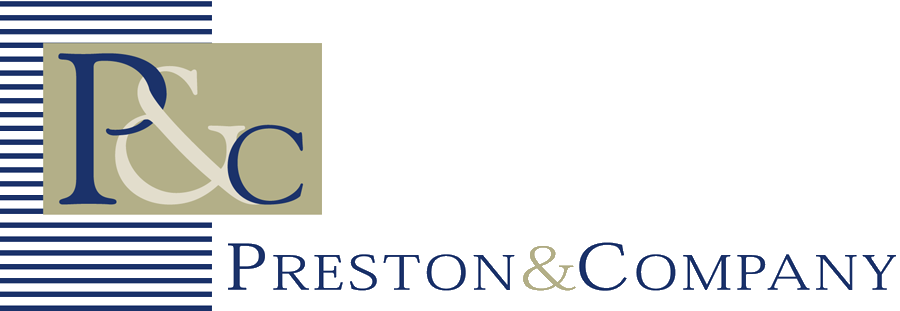After 2020, remote work went from a novel idea to the prevailing norm in many organizations. Perhaps, it’s a silver lining from an otherwise challenging year that took a severe toll on society.
A noteworthy development from this shift in working norms is its potential for permanence. Remote employment won’t only be a band-aid solution to the pandemic. Speaking to this notion is how experts predict that by 2025, 70% of the workforce will be performing their jobs remotely.
Furthermore, heading into 2021 will be a landscape more familiar with remote work. Thus, there will be trends speaking to this growing proficiency with the related processes, extending to the financial industry.
This blog will examine three of the top remote work trends set to take shape in 2021:
Remote Work as a Permanent Workplace Fixture
At first, there were concerns about productivity with the advent of remote work. However, according to Erik Bradley – the chief engagement strategist at Enterprise Technology Research (ETR) – the metrics favor working from home initiatives.
The positive productivity metrics have led to something of a paradigm shift. Now, employers realize their talent can deliver results from home. So, it’s unsurprising that an ETR survey projects the number of remote workers doubling in 2021.
In fairness, the pandemic hasn’t yet reached its end. So, what lends credence to the permanence of this shift? Another survey – this one from Gartner CFO – shows that 74% of companies plan on moving to primarily remote work after COVID-19 has reached its end.
Tech giants like Mark Zuckerberg and Jack Dorsey have already told their people they can work from home indefinitely. Given that Facebook and Twitter are so dominant, it’s only reasonable that everyone else will follow suit.
Expect Office Space to Shrink and Transform
According to TransparentBusiness’s Chief Transparency Office, Moe Vela, vast office spaces will shrink drastically during 2021.
Companies won’t need massive physical headquarters. This shift will reduce many of the overhead costs involved. And it’s already happening. Outdoor retailer REI sold its 8-acre corporate campus in Bellevue, Washington. As per the company’s CEO, Eric Artz, it’s because they’re leaning into remote work as their normalized model.
For those companies still relying on physical interactions, there remains a reduction in physical office space. They’re using a more hybrid model of remote and on-site teams.
The CMO of Radware, Anna Convery-Pelletier, points out that some days are being used for in-person meetings and collaborative sessions. Whereas other times are dedicated to remote work.
Meeting in person might be best for brainstorming, new project briefings, and team building. Conversely, remote work is set aside for individual tasks.
So, many offices are removing cubicles altogether in favor of a more open, collaborative environment.
Less Isolation Means Superior Onboarding
Adjusting to remote work means improving upon the kinks in the system.
The initial stages of the remote-work era had plenty of problems with employee isolation and loneliness. As organizations adjust to engage more with employees, fewer people will slip through the cracks.
More finely tuned remote engagement initiatives will be a massive factor in improving upon the isolation problem. Everybody’s far more familiar with the various technologies and how to keep in touch while monitoring everybody’s status.
Expect this growing familiarity to pay significant dividends with onboarding, especially in executive positions. At first, during the pandemic, the idea of bringing on a new leadership hire without any physical interactions seemed daunting.
Now, organizations know the technology and platforms exist to create valuable remote onboarding programs that help new hires thrive as promptly as possible.
Is Your Financial Business Ready to Embrace the Benefits of Remote Work?
Remote work is here to stay. Even as the pandemic ends, Pandora’s box has been opened, and the benefits are as clear as day. Of course, some organizations need in-person spaces to collaborate. However, there’s still the opportunity to shore up your office space for lessened overhead.
Going into 2021, you’ll find that everybody is adapting. Matters such as onboarding, engagement, and productivity won’t be an issue. Now is an era where a monumental – and successful – shift to remote work is entirely feasible.
Preston & Company
At Preston & Company, our greatest asset is our people. With extensive backgrounds in financial disciplines, our staff has the experience necessary to attract and discern the highest quality candidates at any level.
Contact us today for all your financial employment needs!




